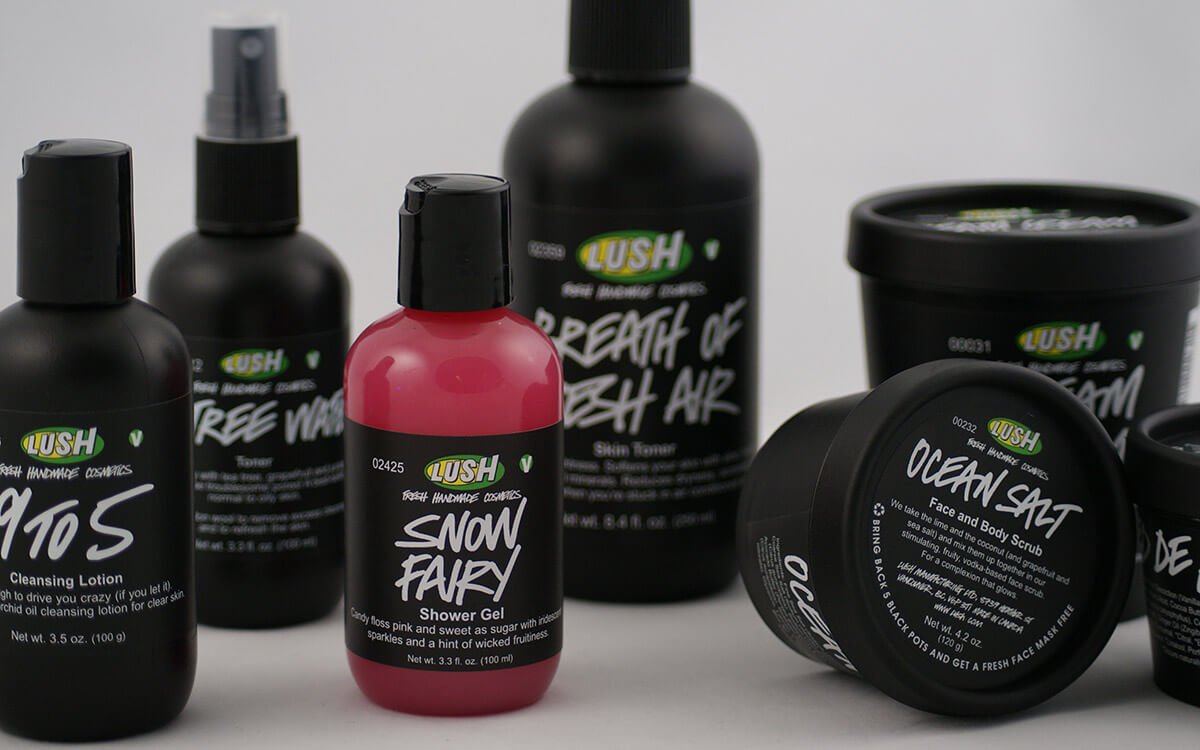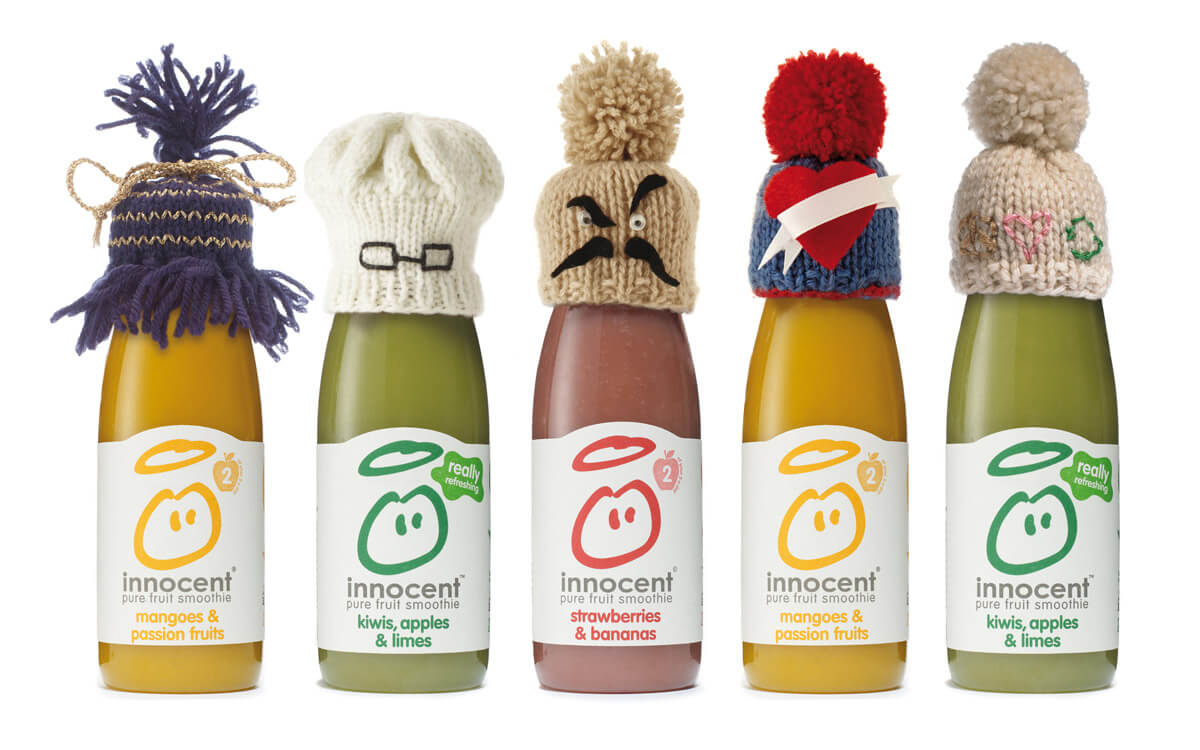If you want your customers to believe in your brand you need to believe in something

Filed Under Entertainment & F&B
So why does your brand exist? What makes it important in the lives of customers? What is your contribution to society and towards helping people obtain their life goals? Why do you do what you do? What drives you do keep doing it?
If you can answer these questions you are on your way to creating a brand with a chance of not just being successful, but more importantly, being meaningful and useful. If you can’t answer these questions, chances are you are heading nowhere fast and unlikely to make many friends on the way. Brands who make what they believe in a central part of their communication always make a greater impact in peoples lives. People want to get involved with these brands and yes, the profits follow the motive.
A lush branding example\
A great example of this is cosmetics brand Lush, the international chain whose success you can smell a mile away. A prime example of belief-based branding, Lush has taken issue with the quality of ingredients the beastly old beauty industry tries to assure us is ‘safe’ to put on our skin. Lush has a cause and is flying a flag. The use of toxins and carcinogens in deodorants and beauty products is alarming and more and more consumers are now seeking authentic alternatives. The Lush brand has a charisma that is born of its free and independent spirit. Their success results from their cause; creating a palpable difference to most other personal-hygiene brands.
Apple does it, again
Another key belief based brand is our friend Apple. Plaudits use the company as an example of great branding so spare us if we roll it out again. Apple never advertises what they do or how they do it until you have heard why they do it. All the way back to ‘1984’ the talked of the reason why they created the Mac, not the tech specs in the mac. Their messaging is always about why their products matter to people and why people use them. The messages about processors and tech specs is second tier; their messages just work. You want an Apple and you never really bother comparing their tech specs with other competitor brands.
Belief driven brands like Lush and Apple communicate differently. While competitors are busy telling you what they do and how they do it, belief based brands are focussed on telling you why they are doing what they believe in. This might seem like a small difference but it is fundamental and rooted in why we pay more attention to these brands than their competition – whose messaging is full of features and specifications.

Lush, a brand that is cheeky and driven by a simple cause. To make personal hygiene naturally fun.

Innocent, proof if ever you needed some, that cause based branding can be highly engaging and even a little silly.
Apple focusses on beliefs, not processors. Their brand is the world's biggest. Maybe they're on to something?
No one is looking at your specs
What brands who put specification and features in place of beliefs fail to understand is that most people don’t actually understand tech speech or production specification. What we do understand is motive. We understand why people do the things they do. We understand what drives people to do good things as these drivers are important to us too. They benefit us and help us to survive; they play to our survival instincts. This more so than ever in a world so devoid of authentic motive and beliefs
So why does belief based messaging cut through the noise? When we communicate about our beliefs and our reasons why, we are talking on an emotional level, not a logical or cerebral level. We are communicating emotionally, not logically. Telling people why you are doing something connects directly to the amygdala, the emotional centre of our brains. It is in this area that all our decisions are rooted. Most people assume that decisions are based on logical deduction and reason, but science has concluded that this is false.
Science! What the (bleep) do they know?
Modern scientific theory suggests the Amygdala as the root of all decision making, that we think decisions through in our Cerebral Cortex but the ultimate ‘yes or no’ comes from how we feel – our emotions. So communicating why you are doing something makes the recipient process the information directly in the emotional centres of the brain, where as communicating what you are doing or how you are doing it (the logical aspects) gets processed in the cerebral cortex.
Is this emotion stuff only for certain brands?
While you might think some sectors are more likely to succeed with belief driven branding than others, we don’t think this is the case. Take Aluminium processing for example, can a subject as dry and unemotional as this have a belief that drives them forward? Surely they are just dry engineers, making money selling metals to boring industrialists. Well that is one way to look at it but we don’t share that view. Another way to view this subject is to consider that the aluminium they provide is a cornerstone in our industrial landscape. The products they make are key to so many other industries.
So let us refashion their communication. “At ABCluminium, We believe in providing industry with premium grade metals so our clients can manufacture reliable products their consumers can feel safe using and on which our society’s progress can be built.” Sounds rich and meaningful doesn’t it? Because it is belief and cause based, there is no mention of process or technical specs.
Can we create a belief based brand strategy?
So how can you turn your specs and features company into a belief-centric brand? Firstly we take a look at what really drives you to get up, come to the office and make business happen. We look at why you choose to create a business in this sector; you could be in any area of business so why did you choose this one? What was it about your sector that motivated you? Why is this sector important to the world? What is the problem you are solving? How are you being of service and to whom? Why is it important for your brand to exist? What would happen if it didn’t exist? Answers from these relatively simple questions is where we will help you find your belief and your cause. If you need help to get deeper, Unisono is only a call away. +973 17558787!
Apple’s brand messaging never mentions processors. The brand is the biggest in the world. We think they’re on to something.

